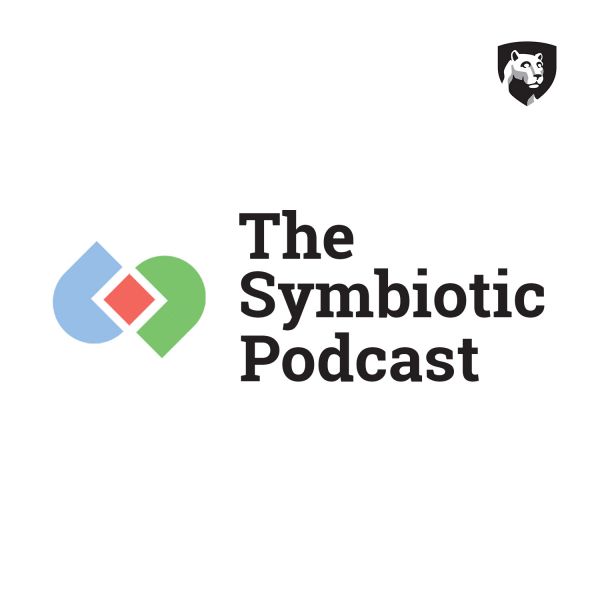Jun 25, 2020
Podcast unpacks global, open-source PPE manufacturing and sterilization effort
A new episode of the Huck Institutes' Symbiotic Podcast explores a project that may have helped save lives. In the face of massive PPE shortages, Penn State's MASC Project self-organized to fill gaps in global supply chains and extend the usefulness of N95 masks.

The onset of the COVID-19 Pandemic disrupted a number of product supply chains around the world. Supermarkets were emptied of basic consumer goods like toilet paper and pasta, while large companies, hospitals, and governments at all levels rushed to secure personal protection equipment (PPE), like masks, gloves, hand sanitizer, and face shields. In some hard-hit places, medical workers resorted to covering themselves with trash bags as supplies dwindled.
Seeing this shortage, a group of Penn State researchers and staff were among the people working to find solutions as part of an initiative called Manufacturing and Sterilization for COVID-19, or MASC.
Moriah Szpara, associate professor of biology, biochemistry, and molecular biology; Tim Simpson, professor of mechanical and industrial engineering; and Melissa James, facilities coordinator at Penn State's Eva J. Pell Lab—an Animal Biosafety Level 3 facility—were among the MASC collaborators. The three are interviewed about the effort in a new episode of The Symbiotic Podcast.
Available on a number of platforms in audio and video format, the "Open-Source PPE Manufacturing and Sterilization" episode covers a wide range of topics, including:
- Rapid development and 3D printing of PPE as an emergency backup to commercially available sources
- The development of a new technique for sterilizing N95 respirators, usually considered a disposable item, for re-use multiple times, multiplying the effective life of these vital and increasingly difficult-to-source masks
- How an Animal Biosafety Level 3 facility functions, and why it's necessary to perform adequate testing
- Challenges of coordinating and organizing a large, varied group of researchers and professionals when in-person meetings are not an option
- New and emergent opportunities and challenges arising from the rapid sharing of research data on preprint servers like MedRxiv and BioRxiv
"The goal is to hand off and get it as quickly as possible to a mass-produced solution," said Simpson of the project's innovative solutions. "It's amazing what we've been able to do in a quick turnaround time given the urgency and demands that we're seeing."
The episode is available in audio-only and video form on YouTube, Apple Podcasts, Spotify, or any other podcast app. Audio, video and transcripts can be accessed at The Symbiotic Podcast website.